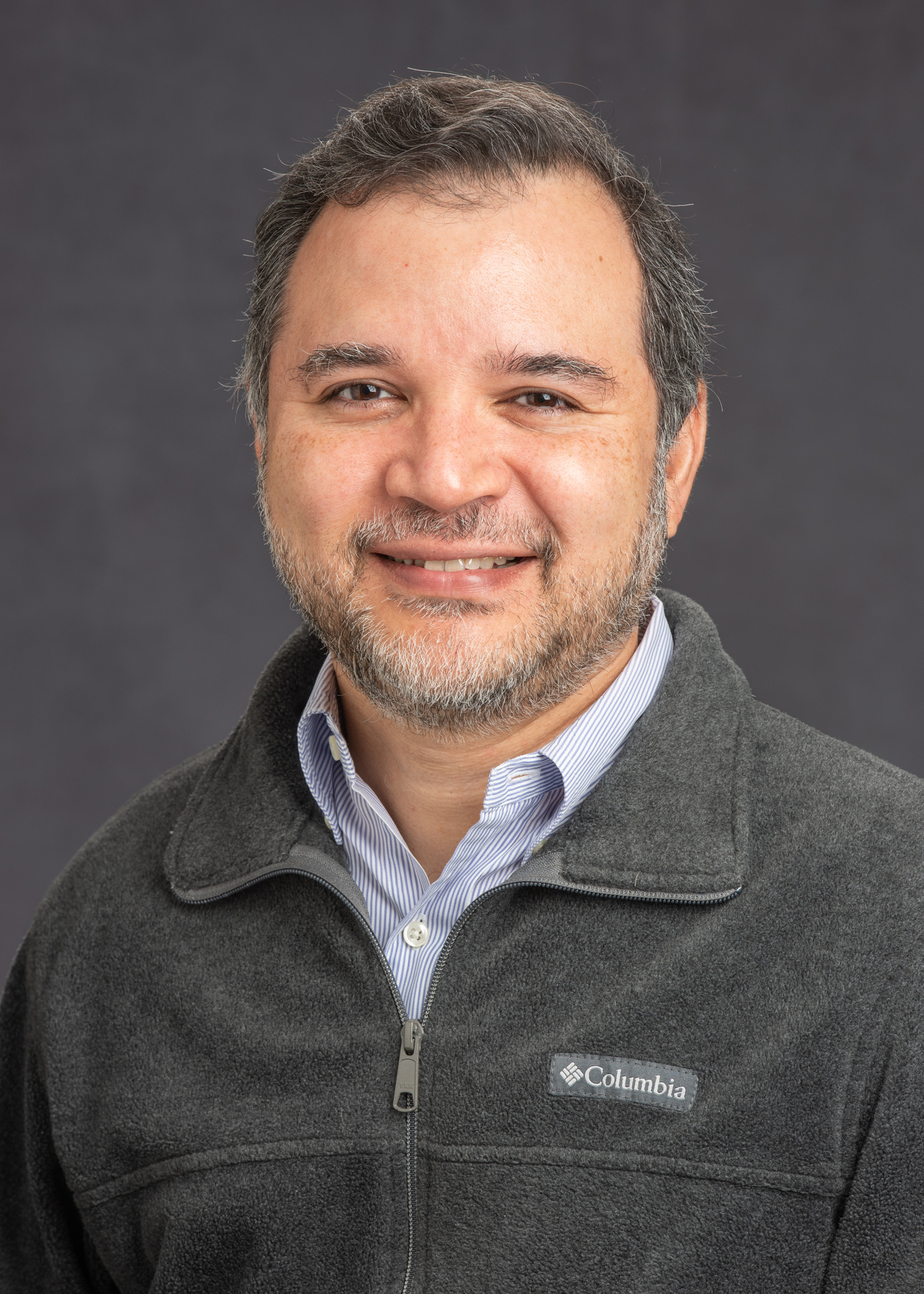Alfredo Roa-Henriquez, an Assistant Professor of Supply Chain Management and Challey Institute Scholar at North Dakota State University, has been awarded a grant from the National Science Foundation (NSF). This two-year grant, part of the NSF Program on Humans, Disasters, and the Built Environment (HDBE), focuses on advancing resilience for small- and mid-sized businesses, particularly for businesses of underrepresented groups such as minority- and women-owned businesses.
In terms of business resilience, less is known about disaster recovery for minority- and women-owned and operated businesses, which can be slower to recover or more likely to permanently close because of unique barriers they face such as limited access to capital, supply chain issues, challenging labor disruptions and business development issues.
The project, titled “Advanced Data and Methods to Improve Hazard Resilience for Underrepresented Groups: Minority- and Women-Owned Small and Mid-Sized Businesses,” is a collaborative effort between U.S. researchers and, Kyoto University’s Disaster Prevention Research Institute (DPRI) and Kagawa University in Japan. The U.S. research team comprises scholars from four universities, showcasing the depth and breadth of expertise in this project. Alongside Principal Investigator (PI) Alfredo Roa-Henriquez, the team includes:
- Co-PI Adam Rose, Senior Research Fellow and Director Emeritus at USC’s Center for Risk and Economic Analysis of Threats and Emergencies (CREATE), and a prominent figure in economic resilience research.
- Co-PI Noah Dormady, CREATE Research Fellow and Associate Professor at Ohio State’s John Glenn College of Public Affairs.
- Co-PI Maria Watson, Assistant Professor at the University of Florida’s School of Construction Management, brings her resilience and construction management expertise to the team.
Adam Rose was the advisor to Noah Dormady, and Noah Dormady, in turn, served as the doctoral advisor to Alfredo Roa-Henriquez. This mentorship lineage underscores the collaborative and generational continuity within the team.
The U.S. researchers on the project will survey minority- and women-owned operated businesses affected by Hurricane Ian in Florida in 2022 to understand challenges to recovery and analyze data to better understand how they cope and recover from catastrophic events. The team of Japanese researchers will conduct nearly identical observational data collection efforts in Japan, focused on impacts of the 2011 Tohoku Earthquake, 2016 Kumamoto Earthquake and 2018 West Japan Rain.
By enhancing resilience processes and capacities, the project aims to study dynamic resilience or how businesses can optimize the timing of resilience investments, including repair and reconstruction efforts. Additionally, the findings will inform federal, state, and local policy design, ultimately improving the resilience of SMEs against future disasters.
The project's focus on minority- and women-owned businesses aims to address critical resilience challenges faced by these underrepresented groups, ensuring that they can effectively recover and thrive following disasters.
The NSF grant awarded to Alfredo Roa-Henriquez and his esteemed colleagues marks a significant step forward in enhancing the resilience of underrepresented business groups. This research promises to deliver meaningful contributions to the field of disaster resilience and improve the capacity of minority- and women-owned businesses to recover and thrive after catastrophic events.
For more information on this project and other research initiatives, please visit the Challey Institute’s website or contact Allison Fulton at allison.fulton@ndsu.edu.



